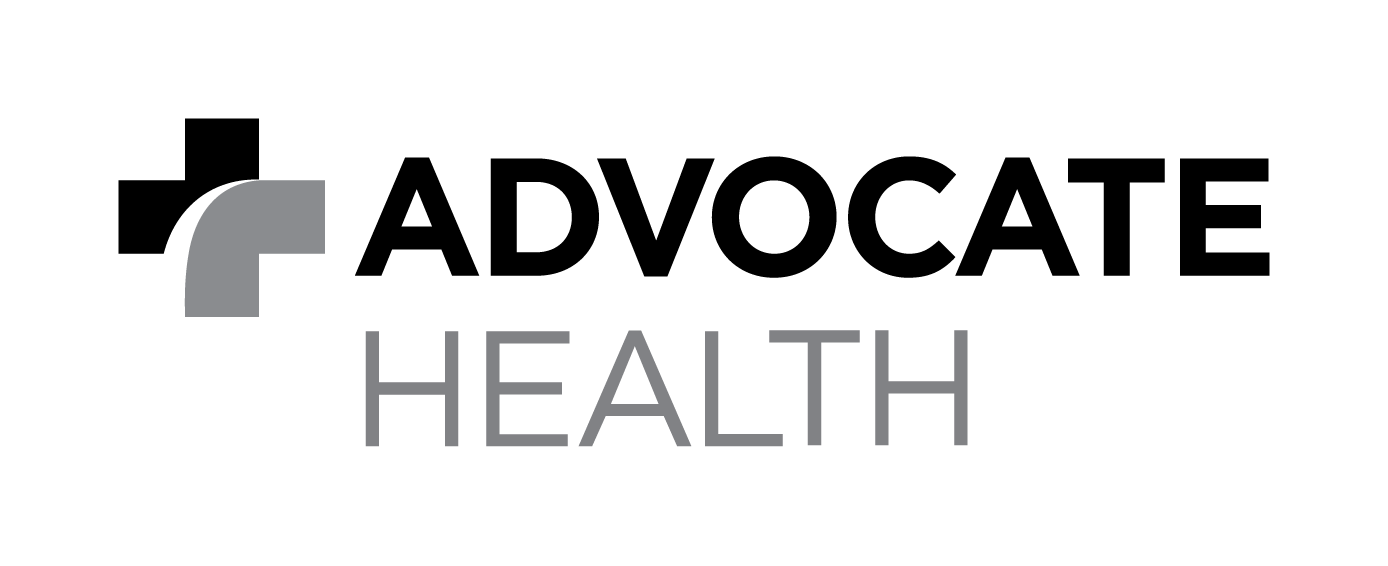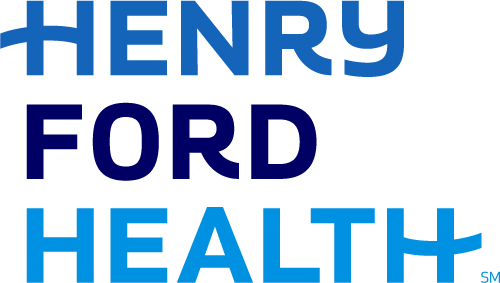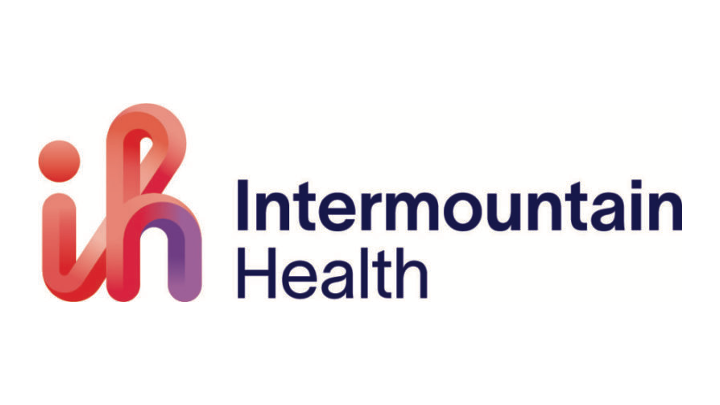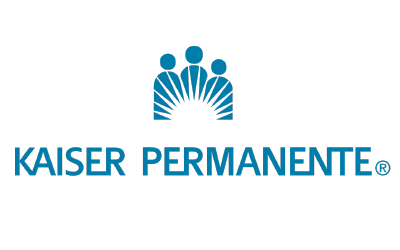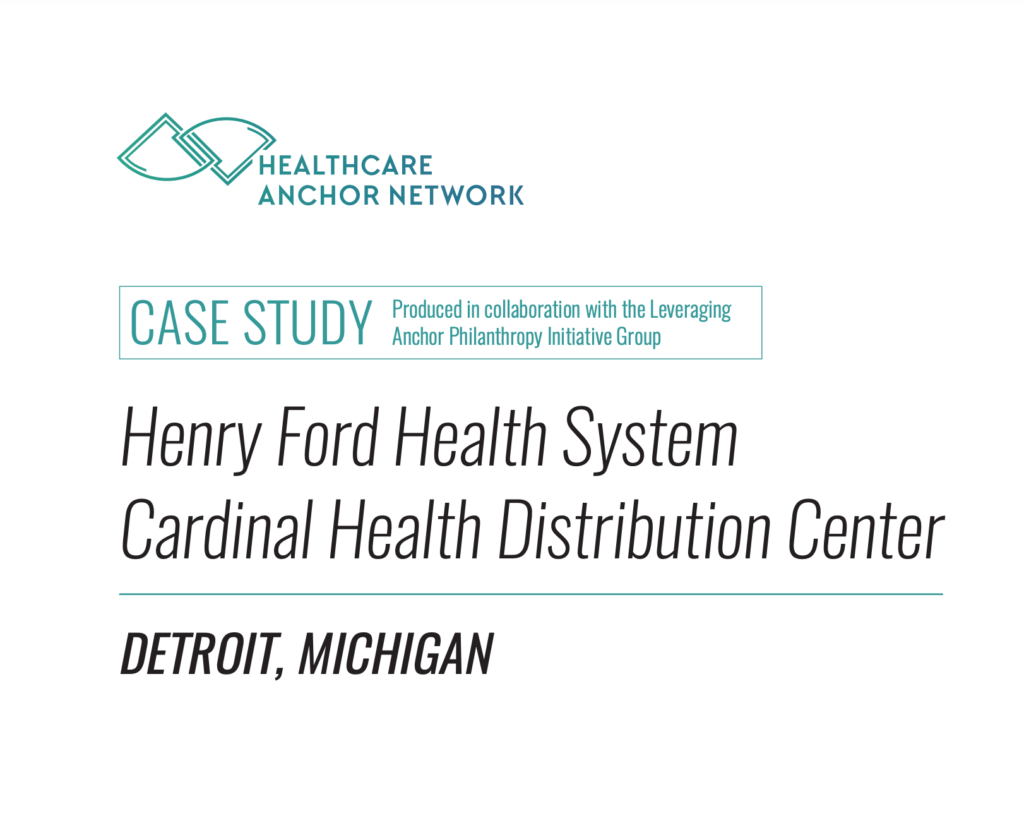In signing the Healthcare Anchor Network’s (HAN) Impact Purchasing Commitment (IPC), the 14 health systems sought to align their purchasing power with clinical and community efforts to improve societal health and well-being and to catalyze prosperity for all. Signatories strived to establish specific goals to increase spend with vendors that are local, sustainable, and that build community wealth. In addition, signatories collected and submitted data on their progress toward these goals to the Healthcare Anchor Network in order to ensure accountability and transparency.
Impact Purchasing Commitment (IPC) Signatories
Impact Purchasing Commitment (IPC) Case Studies
Rush University System for Health: Local Business Suppliers
Rush University System for Health’s comprehensive anchor mission Business Supplier initiatives are featured in our latest case study. As an anchor institution that has adopted the anchor mission, Rush is focused…
Continue Reading Rush University System for Health: Local Business Suppliers
Henry Ford Health System Cardinal Health Distribution Center Case Study
Cardinal committed to moving its warehouse operations from a location outside of Detroit into the neighborhood adjacent to Henry Ford Hospital. Distribution Warehouse represents a $30 million investment. Four local entities…
Continue Reading Henry Ford Health System Cardinal Health Distribution Center Case Study
Impact Purchasing Commitment (IPC) Announcement News Coverage
Cleveland Clinic, Kaiser, Intermountain among those committing to supplier diversity
Cleveland Clinic, Intermountain Healthcare, Kaiser Permanente, and Providence are among 12 systems in the country to sign a commitment to expand supplier diversity. The Impact Purchasing Commitment — designed by the…
Health systems commit to diversifying supply chains
A dozen health systems are pledging to diversify their vendor partnerships, including collectively funneling at least $1 billion over the next five years to minority and women-owned businesses. Each organization signing the…
Continue Reading Health systems commit to diversifying supply chains
How the health sector can lead on climate, health, and equity
A new initiative that launched in June, the Impact Purchasing Commitment (IPC), could be a vehicle to kickstart collating this demand. Developed through a partnership between Health Care Without Harm and the Healthcare…
Continue Reading How the health sector can lead on climate, health, and equity
Local Coverage of the IPC Announcement
Many of the 12 initial signatories of the Impact Purchasing Commitment received local news coverage of these systems’ commitment to aligning their purchasing power with clinical and community efforts to improve…

